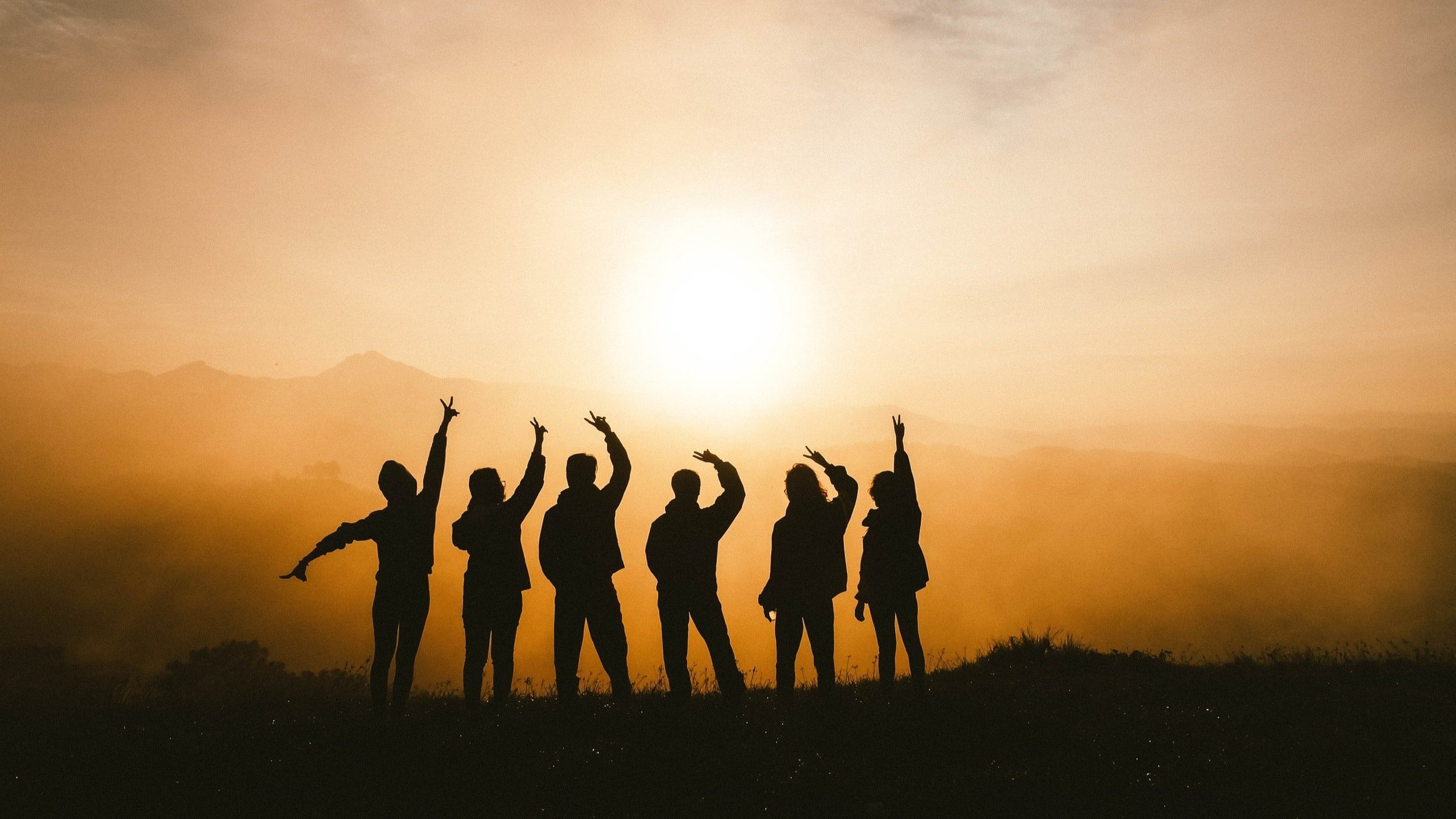Adventure for all: Why we need everyone outside
If you love the outdoors, then you don’t need any convincing to admit that nature is good for the soul. You already know why getting outside is great for you, but here’s a question:
Have you thought about society as a whole, and how all of us could benefit if everyone got to enjoy the outdoors?
There are many positives that come from spending time in nature, from feeling better about ourselves to caring more about the planet. If everyone could enjoy these benefits of outdoor recreation, then we would have an overall healthier, happier, and more beautiful world to live in. Here’s why.
Mental health
“Nature can improve our moods and benefit our mental health.”
Anyone who spends time outdoors will likely tell you that it makes them happier, though it may be hard to explain just how. As it turns out, science has shown some specific ways that nature can improve our moods and benefit our mental health. For example, a recent survey in the UK found that people who spent just 2 hours a week outdoors reported significantly better well-being than those who did not get outside. Another study found that time spent in nature improves attention span, emotional positivity, and ability to reflect on problems.
The reasons for these effects are many, and are likely to vary for each person. However, two major theories exist to explain the benefit of nature to our brains. The first is called stress reduction theory, which explains how nature provides relief from the everyday stresses of our busy lives. The second is attention restoration theory, which posits that urban environments and technology take a lot of brain power to navigate, but wide-open natural landscapes allow our attention to relax and our brains to recover.
Environmental awareness
“Nature makes us nicer.”
We live in a time of widespread environmental degradation, with species and people suffering from pollution and extreme weather. Despite the worldwide damage, we as a society are not doing enough to mitigate climate change. This lack of action could be because too many people don’t notice or simply don’t care about the impacts. In our modern lives, it’s easy to feel insulated and unaffected by the natural world.
When we spend every day in the security of four walls and the comfort of air conditioning, we might dismiss climate change as a future problem or as a distant issue for someone else to solve. When we spend more time in nature, however, it becomes easier to realize the connectedness of everything, and to therefore empathize not only with ecosystems that are suffering, but with people around the world who do feel the very real effects of climate change.
There is even scientific evidence that nature makes us nicer. Specifically, studies find that exposure to nature makes people more apt to prosocial behavior, or acts and attitudes of kindness. Therefore, if everyone spent more time outside, we could increase our collective awareness of the environment and also acceptance of each other. It may sound like a long shot, but that scale of cultural shift is what’s needed to actually save the planet.
Personal relationships
“Friends who adventure together, stay together.”
If nature can make us care more about society as a whole, it can certainly help us connect with people around us. Forget the classic image of a rugged outdoors person who can survive alone in the wilderness. The truth is, spending time outside with other people is one of the best ways to build friendships.
When you head down a trail or up a mountain with anyone else, you’re entering a kind of team building exercise. It’s a group effort to navigate, stay safe, and simply check in with each other to keep hydrated. There’s an implied dependence on one another, and this teamwork fosters trust that’s key to building relationships. Friends who adventure together, stay together.
Participation is key to protection
“Anyone will protect the things they love, but we can only truly love the things we know well.”
Maybe you’re all on board with the points above, and you totally agree that the outdoors is good for everyone, but you’ve also seen outdoor spaces ruined by too many people. Maybe you’ve encountered litter, graffiti, erosion, and noisy crowds in your own favorite places, so you’re not convinced that more people outdoors is a good thing.
But consider this: If we could elevate our collective respect for nature, and if we could increase areas for outdoor recreation, we wouldn’t have the same problems of degradation and overcrowding. Instead, we would have plenty of room to share, and we would see more people protecting nature than we see destroying it. The fact is, anyone will protect the things they love, but we can only truly love the things we know well. Therefore, getting more people introduced to nature, and loving it, is key for preserving and expanding our access to the outdoors.
We need more parks. We need more trails. We need more wilderness and more wild rivers. We need to be better to ourselves, better to our planet, and better to each other. That’s why we need everyone outside.




